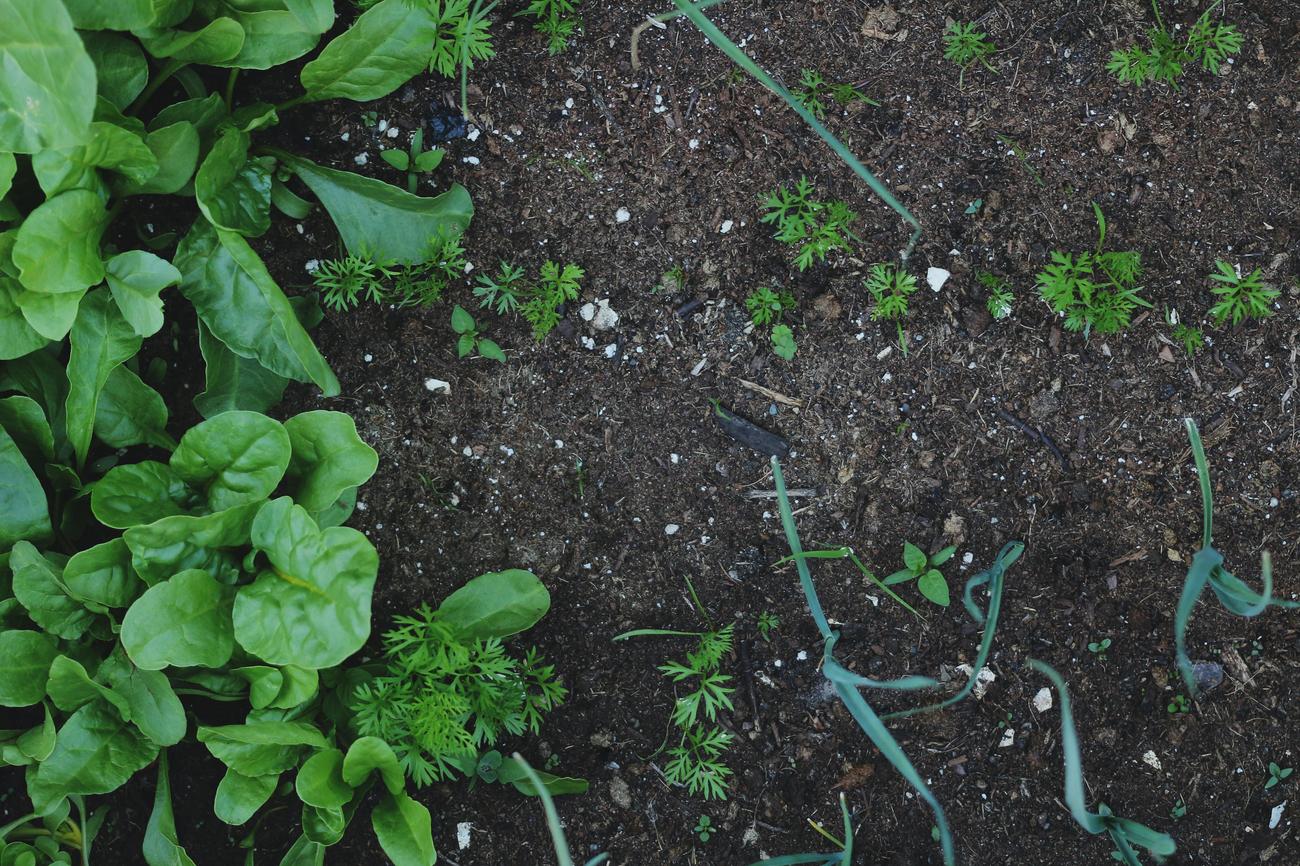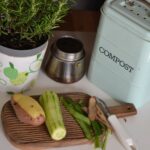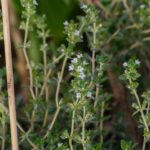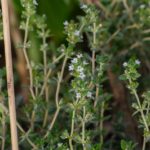Are you a passionate gardener looking to take your expertise to the next level? If so, you’re in luck! In this article, we will delve into the fascinating world of composting methods, revealing the secrets to efficient decomposition and sustainable gardening practices. Whether you have a small backyard garden or a sprawling farm, understanding the ins and outs of composting is essential for nurturing healthy plants and enriching your soil. Get ready to discover the wonders of composting, as we explore a range of techniques and share valuable tips that will transform your gardening endeavors. Join me on this exciting journey towards sustainable gardening and environmental stewardship!

Composting Methods
Composting is a fundamental practice in sustainable gardening, allowing us to recycle organic waste and create nutrient-rich soil amendments. There are numerous composting methods available, each with its own advantages and considerations. In this article, we will explore different composting methods and learn how they can benefit your gardening endeavors.
Open Air Composting Bay
One popular method of composting is the open air composting bay. This method involves creating a designated space in your backyard or garden where organic waste can decompose naturally. Simply collect and layer your “green” and “brown” organic materials, ensuring a proper balance. The open air allows for better air circulation, facilitating decomposition. Open air composting is an easy and low-cost method for naturally recycling organic waste.
Direct Trench Composting
Direct trench composting is a simple and efficient method that involves burying organic waste directly into your garden beds. By digging trenches in your soil and burying food scraps or yard trimmings, you not only recycle organic waste but also enrich your soil with valuable nutrients. Direct trench composting is a convenient method for incorporating organic waste into your garden beds while minimizing the risk of attracting pests or animals.
Tumbler Composting
If you prefer a more controlled and compact composting method, a tumbler composting system may be ideal for you. Tumbler composters are rotating containers that allow for easy turning and mixing of organic materials. This method accelerates the decomposition process by promoting oxygen flow through regular agitation. Tumbler composting provides a quick and efficient way to produce high-quality compost without the need for extensive physical labor.
Worm Farm Composting
Vermicomposting, also known as worm farm composting, utilizes the power of earthworms to break down organic waste. By creating a dedicated worm bin and introducing worms to the system, you can transform food scraps and other organic materials into nutrient-rich worm castings. These castings, or worm compost, are an excellent soil amendment. Worm farm composting is a fantastic way to engage in small-scale composting and harness the incredible capabilities of worms in breaking down organic matter.
EMO Composting
EMO composting, which stands for Effective Microorganisms composting, relies on the use of beneficial microorganisms to accelerate the decomposition process. By inoculating your organic waste with a blend of beneficial microbes, you can enhance the composting process and improve the quality of the final product. EMO composting harnesses the power of microorganisms to create a highly fertile and disease-suppressive compost.
Combination Composting
Combination composting involves utilizing multiple composting methods in conjunction with each other to achieve optimal results. For example, you might combine open air composting with worm farm composting or tumbler composting with direct trench composting. This approach allows you to maximize the benefits of each method and create a diverse and nutrient-dense compost. Combination composting offers flexibility, allowing you to adapt your composting practices to suit your specific needs and available resources.
Commercial Composting
If you lack the space, time, or expertise to compost on your own, commercial composting can be a viable alternative. Many communities offer commercial composting services where they collect organic waste and process it on a larger scale. This method ensures that your organic waste is properly recycled without the need for personal composting infrastructure. Commercial composting is a convenient option for individuals who are unable to compost at home but still want to contribute to sustainable waste management.
Mechanical Composting
Mechanical composting, also known as industrial composting, employs machinery to accelerate the decomposition process. This method is commonly used on a larger scale, such as in agricultural or municipal composting facilities. Mechanical composting utilizes temperature-controlled and monitored environments to efficiently break down organic waste. Mechanical composting is a highly efficient and time-saving method suitable for large-scale composting operations.
Composting methods offer a wide range of options to recycle organic waste and enhance soil fertility. Whether you have limited space or resources, there is a composting method that can suit your needs. So why not embrace this natural process and start composting today? Your garden and the environment will thank you!
“Composting is not just a means of recycling waste—it is nature’s way of recycling and nourishing the soil.”
“Remember, there isn’t a single ‘best’ composting method. The right choice depends on your specific circumstances and preferences.”
Recycling is not only a responsible way to dispose of waste, but it also has numerous benefits for the environment. If you’re interested in learning more about recycling and its impact, we’ve compiled a list of fascinating facts for you. Discover the surprising ways recycling can help conserve resources and reduce pollution by clicking here: Facts About Recycling. Join us in our efforts to make the world a cleaner and greener place!
FAQ
Question 1: What are the different composting methods?
Answer 1: There are eight different methods of composting, including open air composting bay, direct trench composting, tumbler composting, worm farm composting, EMO composting, combination composting, commercial composting, and mechanical composting.
Question 2: What is the purpose of composting?
Answer 2: Composting is a way to recycle organic material, such as leaves, twigs, and kitchen scraps, and nature’s method of recycling.
Question 3: What is hot composting and why is it recommended?
Answer 3: Hot composting is the best way to compost organic waste as it is faster, safer, and more effective at destroying weeds and spreading diseases.
Question 4: How can I start composting?
Answer 4: Composting is easy and requires just a few simple steps to get started, such as recycling food scraps and yard trimmings to create nutrient-rich organic material for the soil.
Question 5: What materials should I use for composting?
Answer 5: Composting requires a balance of “green” organic materials, such as grass clippings and food scraps, and “brown” organic materials, such as leaves and manure.
“`json
“`
- Unlock Water’s Symbolism: A Cross-Cultural Exploration - April 20, 2025
- Identify Black and White Snakes: Venomous or Harmless? - April 20, 2025
- Unlocking Potential: Origins High School’s NYC Story - April 20, 2025















